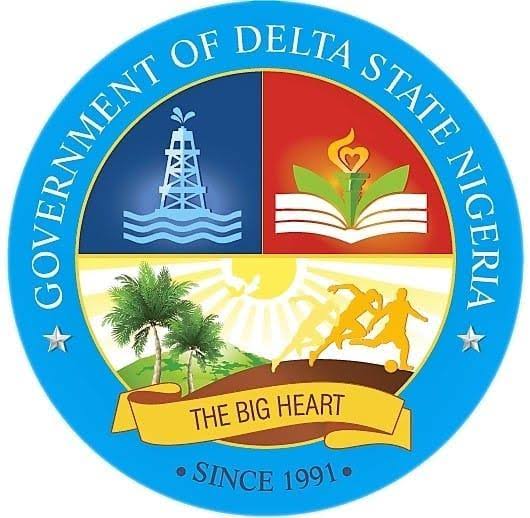/ News
Views: 513
Stakeholders warn of rising land grabbing in Delta, demand urgent action

Stakeholders have urged the Delta State Government to urgently address the growing crisis of unregulated land acquisition, warning that fraudulent practices and unchecked transactions are displacing families, eroding cultural heritage, and fueling unrest across communities.
The call was made on Thursday in Asaba during the 12th anniversary of Ndokwa Reporters, which also featured the unveiling of its flagship annual policy platform, the BEL Dialogue. The maiden edition of the dialogue was themed: “Development or Displacement: Understanding the Cost of Unregulated Land Acquisition in Our Communities – The Role of Government and Traditional Institutions in Safeguarding Community Lands.”
Participants called for a comprehensive review of the 1978 Land Use Act, which they described as riddled with loopholes and open to abuse. They warned that without reforms, local communities would remain vulnerable to land grabbing by powerful interests, external developers, and criminal actors.
Chairman of the dialogue and former lawmaker, Rt. Hon. Ossai Nicholas Ossai, PhD, underscored the urgency of reform, citing a recent protest by the Umuseti Community of Utagba Uno in Ndokwa West over unauthorized land sales as evidence of the growing crisis.
“The theme of this dialogue is not only timely but urgent,” Ossai said. “While development brings opportunities, reckless land acquisitions displace families, erode cultural heritage, and destabilize communities. This dialogue is a call to explore sustainable processes for land acquisition, identify best practices, and foster collaboration among government agencies, traditional institutions, civil society, and community members.”
Ossai also stressed the importance of transparency in both Statutory Rights of Occupancy (urban areas) and Customary Rights of Occupancy (rural communities), noting that all valid transactions require the governor’s consent. “With the Land Use Act in view, we can work together to find solutions that balance development needs with the rights and interests of our communities,” he added.
The forum featured a mix of policymakers, civil society leaders, property developers, and experts including Godfrey Chukwudifu Osakwe, FNIPR; Barr. Thomas Otunuya Anigara; Chief Monday Ogheneruona Itoghor; Tpl. Oguafor Innocent Ifeanyi; Odih Christian Udoka; Esv. Mike Mbagwu, FNIVS; and Prince Michael O. Orji, Esq. Collectively, they stressed the need for decisive government action to restore order in land administration.
In his keynote address, Mr. Emmanuel O. Enebeli, President and CEO of BEL Media Consult Limited, publishers of Ndokwa Reporters, described the event as “historic” and reaffirmed the medium’s mission of promoting accountability in governance and amplifying grassroots voices.
“Our stories must be told by us, not for us,” Enebeli said. “If we fail to support our own storytellers, we risk having our realities erased or misrepresented. Development thrives when stories of progress, struggles, and resilience are told by those who live them.”
Enebeli announced that the BEL Dialogue will now hold annually every May, serving as a policy and development platform to strengthen collaboration between communities, government, and civil society. The session, which ended with robust exchanges between panelists and participants, is expected to produce a communiqué with practical recommendations for transparent and sustainable land administration in Delta State.
Notable guests included aides of Governor Sheriff Oborevwori Mr. Olisa Ifejika (Public Enlightenment), Mr. Felix Ofou (New Media), and Mr. Norbert Chiazor (Media) as well as representatives of the State Assembly, retired media executives, women groups, youths, and journalists.